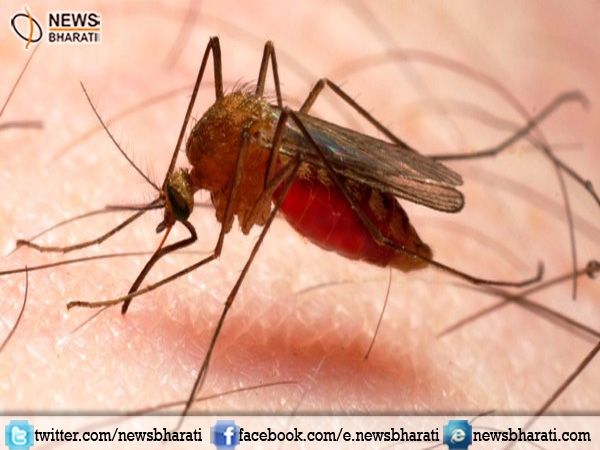Toothpaste not only cleans teeth but treats malaria: Study
Cambridge, January 19: An artificial brain scientist ‘eve’ has developed a technology which can be helpful to humankind. The robo scientist says that a compound commonly found in soap and toothpaste could be a new weapon in the fight against drug-resistant malaria.
The compound, triclosan, is used to inhibit the build-up of plaque-causing bacteria in toothpaste. It had previously been discovered to inhibit malarial growth in culture, but researchers incorrectly attributed its effectiveness to the compound’s targeting of a specific enzyme, known as enoyl reductase (ENR). Yet when the researchers attempted to improve triclosan’s ability to target ENR, they found it did not inhibit parasite growth.
This could be especially useful in developing treatments for diseases that primarily effect developing countries; traditionally, profit-seeking pharmaceutical companies might be less likely to explore these treatments, for fear of an inability to make a profit.
Eve was able to speed up the discovery process by autonomously developing and testing hypotheses to explain observations that the system was making. Eve was then able to run her own experiments using laboratory equipment, interpret the results of her efforts, and then adjust her hypothesis and repeat the process until something meaningful was found.
“Artificial intelligence and machine learning enables us to create automated scientists that do not just take a ‘brute force’ approach, but rather take an intelligent approach to science,” said Ross King, the professor from the Manchester Institute of Biotechnology in charge of Eve’s development, in the press release. “This could greatly speed up the drug discovery progress and potentially reap huge rewards.”